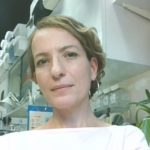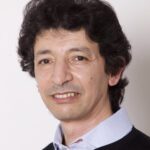Lien vers Pubmed [PMID] – 32708116
Lien vers HAL – pasteur-03261812
Lien DOI – 10.3390/jcm9072309
Journal of Clinical Medicine, 2020, 9 (7), pp.2309. ⟨10.3390/jcm9072309⟩
Hearing impairment is the most frequent sensory deficit in humans of all age groups, from children (1/500) to the elderly (more than 50% of the over-75 s). Over 50% of congenital deafness are hereditary in nature. The other major causes of deafness, which also may have genetic predisposition, are aging, acoustic trauma, ototoxic drugs such as aminoglycosides, and noise exposure. Over the last two decades, the study of inherited deafness forms and related animal models has been instrumental in deciphering the molecular, cellular, and physiological mechanisms of disease. However, there is still no curative treatment for sensorineural deafness. Hearing loss is currently palliated by rehabilitation methods: conventional hearing aids, and for more severe forms, cochlear implants. Efforts are continuing to improve these devices to help users to understand speech in noisy environments and to appreciate music. However, neither approach can mediate a full recovery of hearing sensitivity and/or restoration of the native inner ear sensory epithelia. New therapeutic approaches based on gene transfer and gene editing tools are being developed in animal models. In this review, we focus on the successful restoration of auditory and vestibular functions in certain inner ear conditions, paving the way for future clinical applications.


